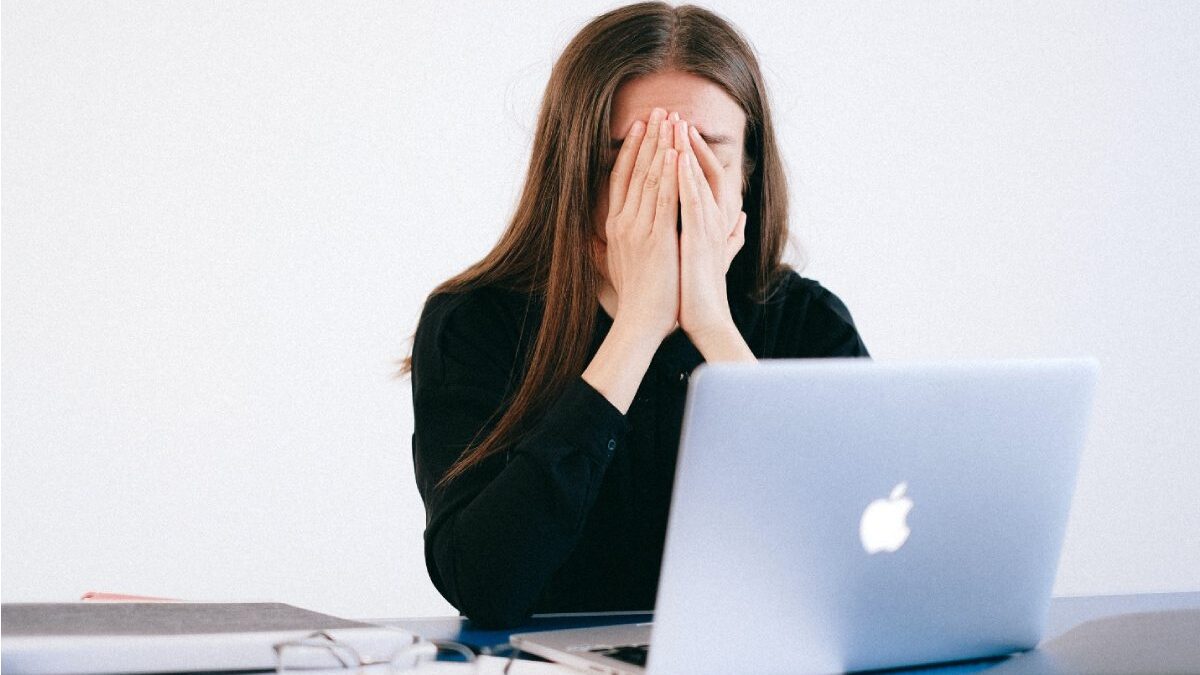There’s a difference between small money worries and full-blown financial anxiety. Financial anxiety disrupts your sleep. You go into a panic whenever you look at your bank account. You try to avoid the subject of money so that you don’t fall into a negative spiral about upcoming payments, late fees and debt.
A little bit of concern about your personal finances is normal, but this constant anxiety is unhealthy. What can you do to get better?
Table of Contents
Find Healthy Coping Strategies
If you’re having extreme reactions whenever you think about your finances, you need to figure out some healthy coping strategies that will keep you calm and collected. Things like deep breathing exercises and meditative body scans are great activities that can bring you down from a state of panic. You can also listen to calming music, go for a walk outside or talk to a friend on the phone whenever you’re feeling overwhelmed.
It’s important to find healthy coping strategies that work for you because they can stop you from turning to more destructive habits for relief, like retail therapy or substance abuse. A destructive habit will do more damage to your personal finances and your mental health. Try your best to steer clear of them.
Address Your Financial Problems
Get to the root of the problem. You won’t feel better if you never address it. If you spend beyond your means, you should set up a reasonable budget and find affordable alternatives to your usual expenses. If you’re not prepared for unexpected expenses, you should prepare an emergency fund or apply for a line of credit. Find what’s bothering you the most about your finances.
How do you get started? You should click here to see how to make a template for your financial plan to see how you can reach your target. A step-by-step guide will make your goals feel manageable.
Use Exposure Therapy
You dread looking at your bank account, so you avoid it as much as you can. This tactic is risky because you can’t be sure of how much you’re spending, how much you’re saving or how much debt you have to take care of. Ignorance is only bliss for a moment. It will be a big problem later on.
A good way to tackle this specific type of anxiety is to use a technique called exposure therapy — this means confronting your fear on purpose in order to reduce the emotional impact. So, this means that you should practice checking your bank accounts on a regular basis. The more that you make a habit of doing it, the easier it will get.
Talk about It
It’s hard keeping these negative feelings bottled up. See if you can get help from a mental health professional. There are lots of therapists and counselors that specialize in topics like financial problems and anxiety.
If that doesn’t interest you, consider opening up to a trusted friend or family member. Research shows that talking about problems makes you feel better when you’re in a negative headspace. So, schedule a weekend chat or a Zoom coffee date so that you can let go of the stress you’re holding onto.
Your anxiety about your personal finances shouldn’t be taking over your life. When you follow these four tips, you might find that you can breathe easy again, even when you’re looking at your credit card bill.

